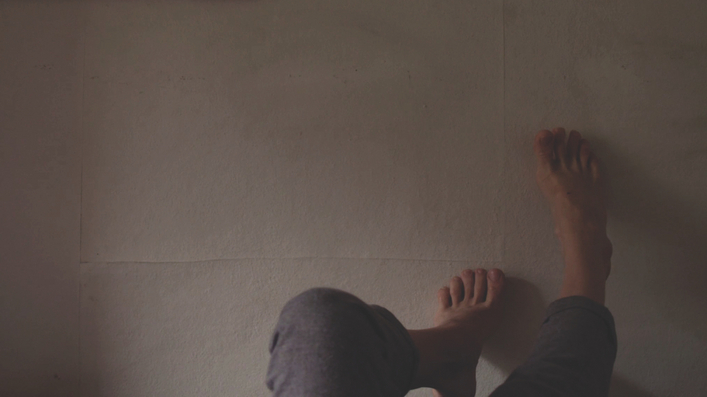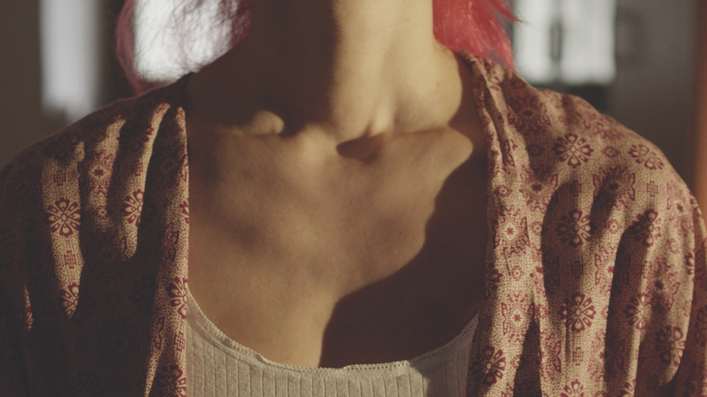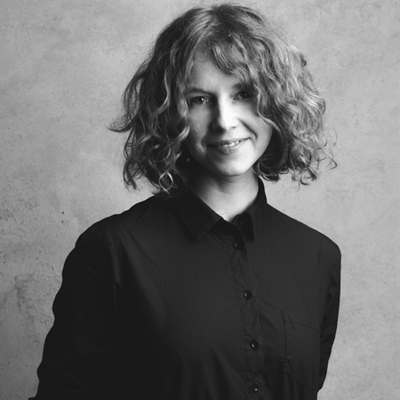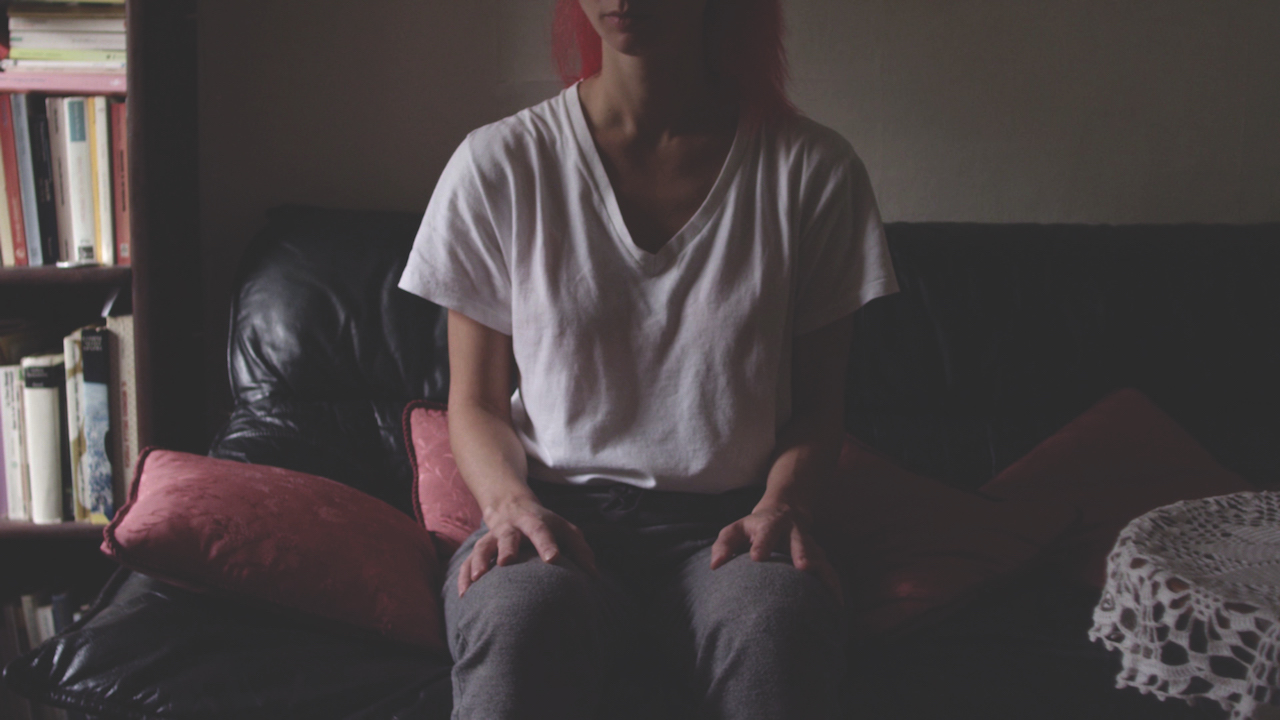




Kristina Daurova

Kristina Daurova was born in Krasnoyarsk city (Russia, Siberian region, 1988). She is is educated as a philologist (Russian and Polish literature and languages). After graduating, she moved to Poland for a scientific research project based on Polish cinema –Metaphysics in Krzysztof Kieślowski’s films.
Kristina participated in several educational film programmes and different international contemporary dance workshops. She worked as a teacher, a journalist, a translator and as a documentary film programmer and she has been a performer and choreographer. Kristina directed several independent short films and music videos, and she created dance and art performances.
Previous education
- 2005 – 2010 Siberian Federal University, Faculty of Philology (Russia)
- 2010 – 2011 Wroclaw University, postgraduate program, Faculty of Philology (Poland)
Filmography (selected works)
- 2017 – Listen to the grass growing, short documentary dance film
The film was developed in the context of the Master’s program in Film at The Netherlands Film Academy (2015-2017)
- 2015 –Sadness, short film
The film was made during “Siberian Video Campus” (3-year training program during International Kansk Video Festival, Russia, 2013-2015)
- 2013 – Hourly husband, short film
The script was developed during the Laboratory of short-length films (‘Kultburo’ Project, Moscow, Russia, 2012)
Performances (selected works)
- 2015 – Renaissance, dance performance
- 2013 – Masha and Society, dance performance
- 2012 – In III chapters with an epilog: Chekhov, Dostoevsky, Tolstoy, dance performance
Installations
- 2014 – Disjointed Performance, (Krasnoyarsk Museum Center, Russia)
- 2016 – EYE Contact, (EYE Film Institute, ‘Research Lab’, The Netherlands)
Documentary movement | Listen to the grass growing | Virginia W.
Research presentations (24/6)
Coloured tours
DOCUMENTARY MOVEMENT
My artistic research, Documentary movement, is based on a philosophy of bodily memory and how it unfolds into movement metaphors. My aim is to construct a methodology of working with private documents (diaries, personal memories, memoirs, autobiographical texts etc.) and their transmission through the body into a cinematographic frame.
The idea is that our body holds many stories. I am working in particular with the physical memory of the owner of the documentary materials, the author of the text. The work implies a profound journey into the origins of the materials; it implies text analysis, reconstructing or rethinking certain situations and finding the specific possibilities and conditions for them. How can I turn the text of a memory into a cinematographic language? How to frame it? How to film it? Which location would work best? The basis of this process is working with body and movement.
LISTEN TO HE GRASS GROWING (short film)
VIRGINIA W. (project proposal)
The short documentary film Listen to the grass growing and the project proposal Virginia W. are the next steps in further developing this methodology of Documentary movement. Both are based on personal memories. In the first case, it is the story of Maria, the main and the only protagonist of the film. In the second case, the storyline is built around the diary of British writer Virginia Woolf.
Artist statement
Three of the passions that stem from my background: text, choreography and documentary cinema, form the context for my experimentation. There is a language of choreography and a text based language and the language of cinema contains both of them. I’m curious to research how I can drift between these components within my artistic practice, flowing from one to the other and back; by moving from cinematography to choreography, by including a text into both of them, by combining all of them at once…
I try to discover what kind of chemistry can happen on the screen or stage that will make the viewer feel reflected, what triggers this mirroring process, what tools can be used in order to touch the spectator’s inner world?

